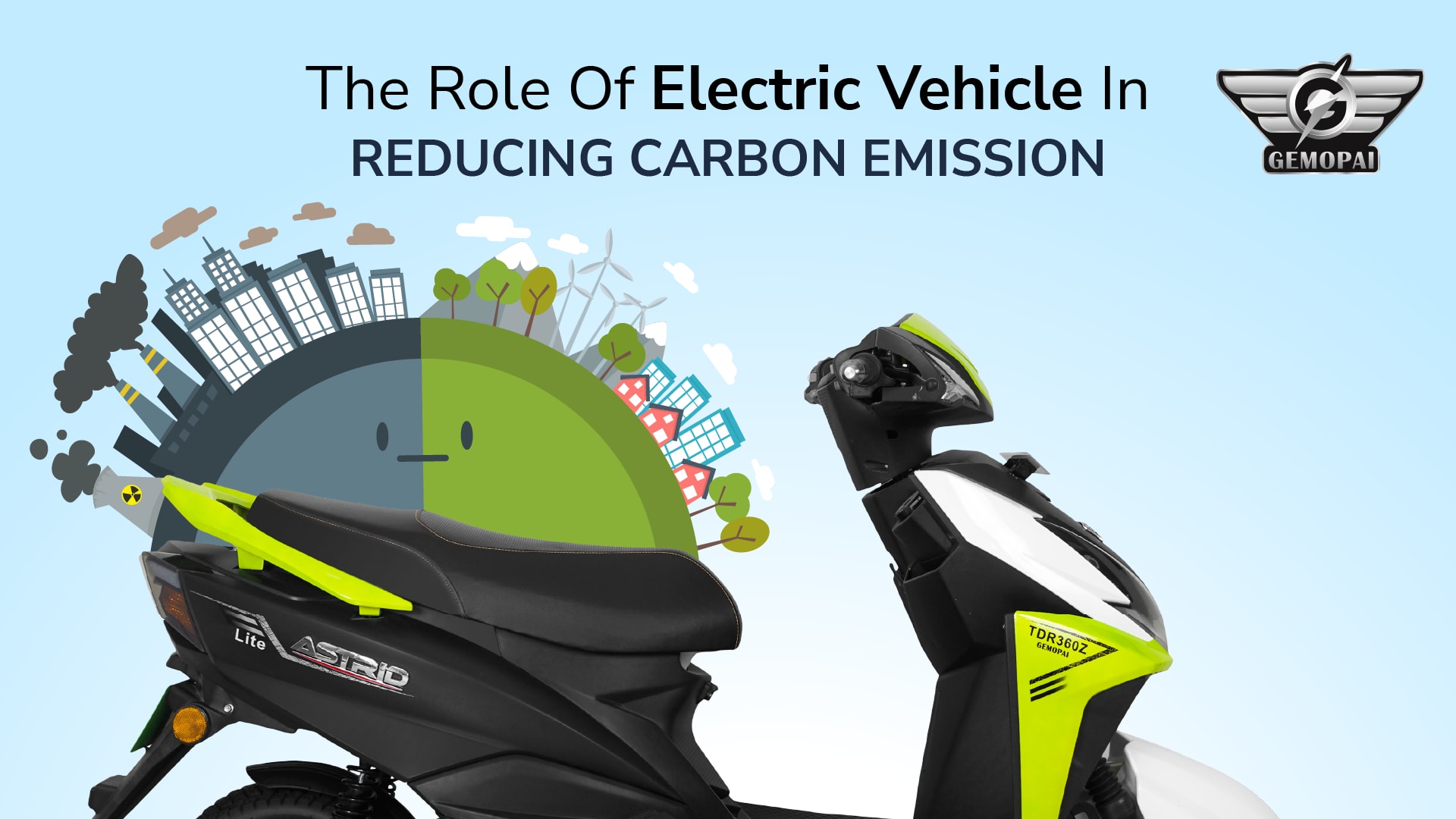Renewables and Electric Vehicles: Mitigating the Rise of Carbon Emissions
In 2023, the global economy faced unprecedented challenges, including geopolitical conflicts, supply chain disruptions, and persistent inflationary pressures. Amidst these uncertainties, the transition towards a cleaner, more sustainable energy system emerged as a beacon of hope. Renewable energy sources and electric vehicles played a pivotal role in limiting the surge of carbon emissions, offering a glimpse into a decarbonized future.

According to the International Energy Agency (IEA), renewable energy sources accounted for approximately 30% of global electricity generation in 2023. This represented a significant increase from previous years, driven by the declining costs of solar and wind power.

Solar energy witnessed remarkable growth, with installed capacity worldwide exceeding 1 terawatt (TW). China, the world's largest solar market, accounted for nearly half of the global total. The United States, India, and the European Union also made significant strides in solar development.
Wind power also expanded rapidly, with new installations reaching over 100 gigawatts (GW) globally. Offshore wind farms gained momentum, with projects underway in the United Kingdom, Germany, and China.
Electric vehicles (EVs) continued to gain popularity in 2023, with global sales reaching over 10 million units. Battery electric vehicles (BEVs), which rely exclusively on electricity, accounted for the majority of EV sales.

China remained the largest EV market, with over 6 million EVs sold. Europe and the United States also saw significant growth, driven by government incentives and improving charging infrastructure.
The expansion of EV charging networks played a crucial role in the adoption of electric vehicles. Public charging stations proliferated across major cities and along highways, allaying range anxiety among potential buyers.
The growth of renewable energy and electric vehicles is intertwined, creating a virtuous cycle of decarbonization.
Renewables provide a clean and sustainable source of electricity to power electric vehicles. In turn, EVs offer a flexible and efficient way to integrate variable renewable energy sources into the grid.
By replacing fossil fuel-powered vehicles, EVs reduce greenhouse gas emissions, improve air quality, and contribute to a cleaner environment. Additionally, EVs offer lower operating costs compared to internal combustion engine vehicles, making them more economical in the long run.
The increased demand for renewable energy and EVs has also stimulated economic growth and job creation. The clean energy sector has emerged as a key driver of innovation and investment, creating new industries and fostering technological advancements.
Government policies have played a vital role in accelerating the transition towards renewable energy and electric vehicles. Incentives, such as tax credits, rebates, and purchase incentives, have encouraged consumers to embrace these technologies.
In addition, regulations aimed at reducing carbon emissions and promoting clean energy have created a favorable investment climate for renewable energy developers and EV manufacturers.
As the world continues to grapple with the challenges of climate change, the role of renewable energy and electric vehicles will become increasingly important. Policymakers, industry leaders, and consumers must work together to accelerate the transition to a decarbonized future.
In 2023, renewable energy sources and electric vehicles proved to be effective tools in mitigating the rise of carbon emissions. The growth of these technologies, coupled with supportive policies, has laid the foundation for a more sustainable and environmentally friendly future.
As the world strives towards net zero emissions, the continued expansion of renewable energy and electric vehicles will be essential. Through collaboration and innovation, we can create a cleaner, healthier, and more sustainable planet for generations to come.
